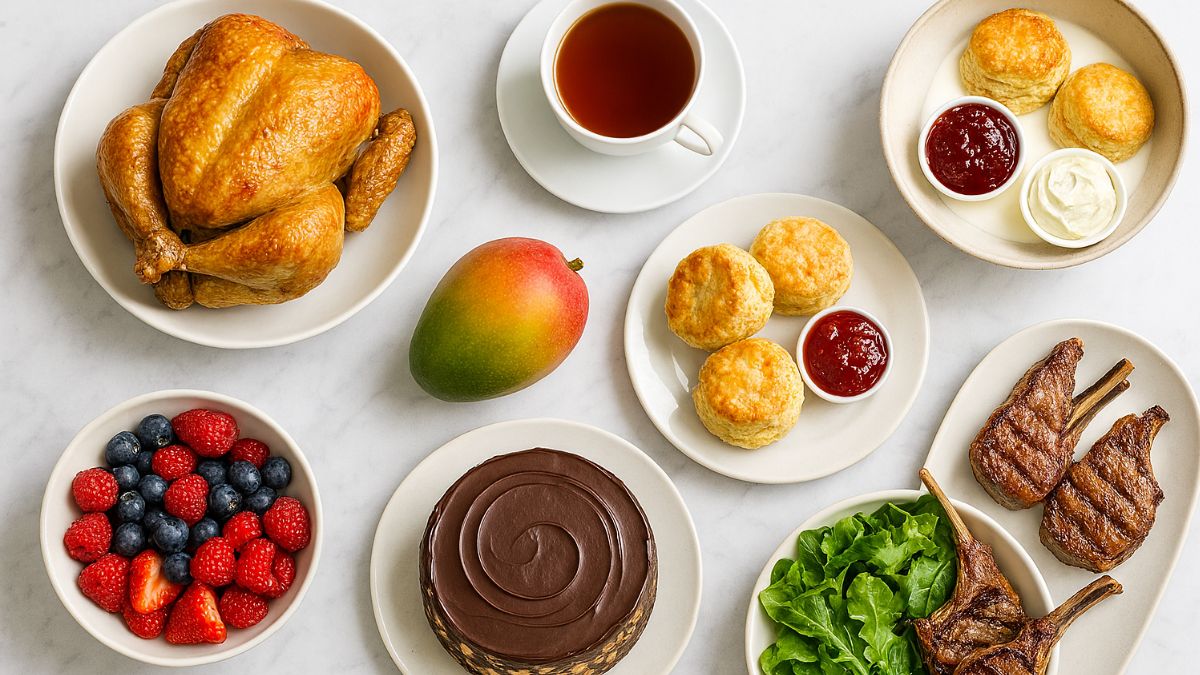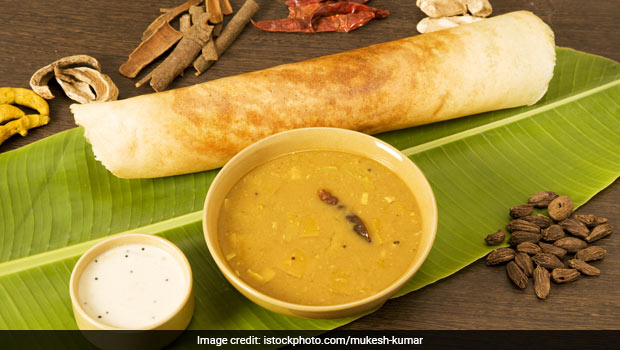Are you one of those who take up diets but are unable to achieve any results? Do you think you have low-fat food items yet see the weighing scale translate the opposite for you? Relax, you are not the only one to feel perplexed. Weight loss is a complex process. Most of the times all that you really need to do is to review what all you are feeding your body. It gets awfully difficult to achieve weight loss if the fine balance between calories consumed and burned is not realised. Another factor severely affecting your weight loss journey is the kind of food that you include in your diet. If you don't have a set routine of your meal times, or don't meet your regular nutritional requirements, all your efforts will eventually go down the drain. Though a lot can be achieved through diet, it is imperative that you source your meals from natural ingredients.Packaged products come laced with preservatives and additives that not only degrade the original nutritive value of a product but also contribute empty calories. Diet foods have become quite a rage among fitness enthusiast. Little do we realise that blindly consuming these products can have adverse effects on our health.
 Unfortunately, the reality of diet foods seems pretty grim. It has been a hot topic of debate among health experts and fitness enthusiasts for a long time now. If you happen to seek professional help with respect to your diet plan, in most cases you will be asked to steer clear of diet products. One of the biggest problems with diet foods is empty calories. While you munch on low-fat cookies or the wholegrain variant of a regular snack, you simply don’t realise that you are consuming hidden sugar in disguise. Then there are artificial flavourings, sweetening agents and a whole lot of things added to make a supposed ‘diet’ product more enjoyable, palatable and ‘delicious’. Diet food consumption can therefore put you in a vicious cycle of regaining all the weight that you once lost.
Unfortunately, the reality of diet foods seems pretty grim. It has been a hot topic of debate among health experts and fitness enthusiasts for a long time now. If you happen to seek professional help with respect to your diet plan, in most cases you will be asked to steer clear of diet products. One of the biggest problems with diet foods is empty calories. While you munch on low-fat cookies or the wholegrain variant of a regular snack, you simply don’t realise that you are consuming hidden sugar in disguise. Then there are artificial flavourings, sweetening agents and a whole lot of things added to make a supposed ‘diet’ product more enjoyable, palatable and ‘delicious’. Diet food consumption can therefore put you in a vicious cycle of regaining all the weight that you once lost.
(Also Read: The Ideal Balanced Diet: What Should You Really Eat?)

Diet foods can be low in fat, but many of these are often laden with sugar. Experts from the University of Georgia experimented with mice module to analyse the effect of a diet high in sugar and low in fat. It was found that these mice had an increased body fat mass as compared to rats who were on a balanced diet."Most so-called diet products containing low or no fat have an increased amount of sugar and are camouflaged under fancy names, giving the impression that they are healthy, but the reality is that those foods may damage the liver and lead to obesity as well," said principal investigator Krzysztof Czaja, reported by PTI.
 According to Shilpa Arora ND, a renowned Health Practitioner, Nutritionist and certified Macrobiotic Health Coach, "Diet foods don't necessarily lead to weight gain. One should do thorough research and read labels to know what is added in a product. Items high in sugar are always harmful to health. Sugar should always be taken from a natural source, like fruits. A balanced diet is always recommended to lead a healthy life".
According to Shilpa Arora ND, a renowned Health Practitioner, Nutritionist and certified Macrobiotic Health Coach, "Diet foods don't necessarily lead to weight gain. One should do thorough research and read labels to know what is added in a product. Items high in sugar are always harmful to health. Sugar should always be taken from a natural source, like fruits. A balanced diet is always recommended to lead a healthy life".

Diet colas and energy drinks, for example, are loaded with sugar and provide empty calories. Experts found that the calorie consumption of the rats on a high-sugar, low-fat diet was almost equal to the ones who were on a normal diet. The former group was consuming empty calories that generated body fat at double the rate as compared to the other group of rats. Both the low-fat, high-sugar and high-fat, high-sugar groups displayed an increase in liver fat and significant increases in body weight and body fat when compared to the balanced diet group. Liver fat accumulation was significant in the high-sugar, low-fat group.The study was published in the journal Physiology & Behavior and concluded that unbalanced diets harm the gut microbiome and its bacterial diversity. Low-fat, high-sugar diets may often encourage gut bacteria linked to liver damage.Inputs from PTI
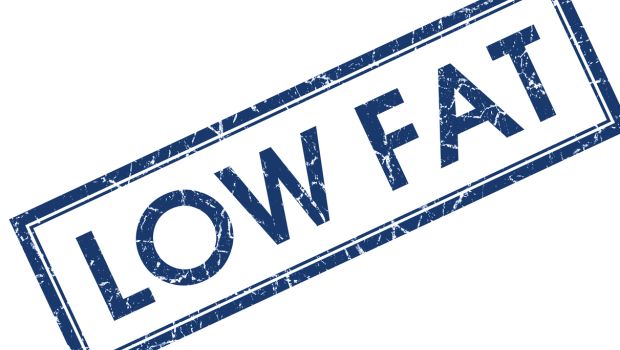
(Also Read: The Ideal Balanced Diet: What Should You Really Eat?)
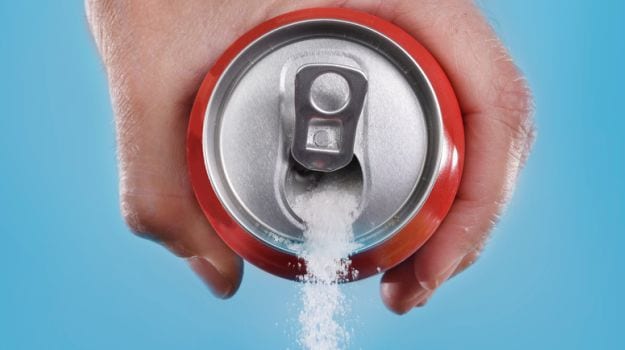
Diet foods can be low in fat, but many of these are often laden with sugar. Experts from the University of Georgia experimented with mice module to analyse the effect of a diet high in sugar and low in fat. It was found that these mice had an increased body fat mass as compared to rats who were on a balanced diet."Most so-called diet products containing low or no fat have an increased amount of sugar and are camouflaged under fancy names, giving the impression that they are healthy, but the reality is that those foods may damage the liver and lead to obesity as well," said principal investigator Krzysztof Czaja, reported by PTI.

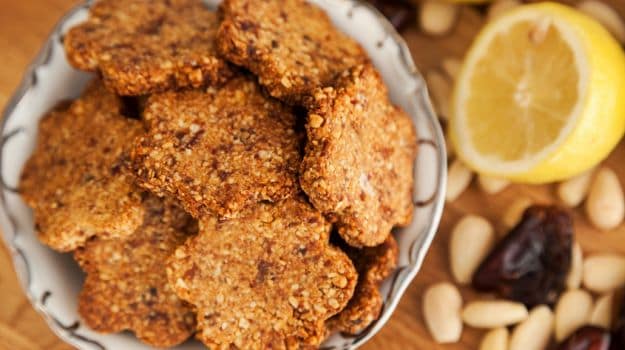
Diet colas and energy drinks, for example, are loaded with sugar and provide empty calories. Experts found that the calorie consumption of the rats on a high-sugar, low-fat diet was almost equal to the ones who were on a normal diet. The former group was consuming empty calories that generated body fat at double the rate as compared to the other group of rats. Both the low-fat, high-sugar and high-fat, high-sugar groups displayed an increase in liver fat and significant increases in body weight and body fat when compared to the balanced diet group. Liver fat accumulation was significant in the high-sugar, low-fat group.The study was published in the journal Physiology & Behavior and concluded that unbalanced diets harm the gut microbiome and its bacterial diversity. Low-fat, high-sugar diets may often encourage gut bacteria linked to liver damage.Inputs from PTI
Advertisement

